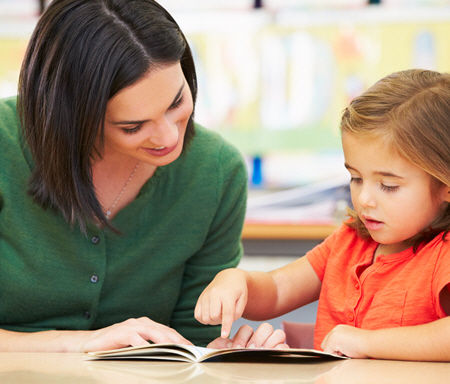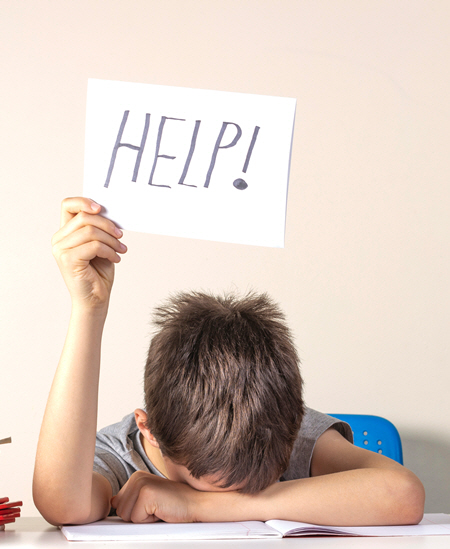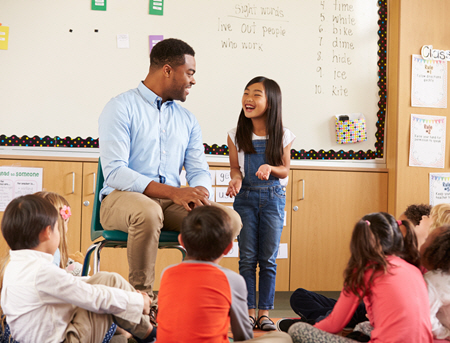Casey* is 10 years old and in the 5th grade. She started speech therapy in preschool, because she was difficult to understand. She was discharged from the school’s speech therapy program in third grade because she met her goals, and it did not affect her academics.
However, a few lingering sounds remained… like R and TH words. Her school-based speech therapist and pediatrician said she would outgrow it. It’s now two years later, and Casey’s speech hasn’t improved at all. Mom is worried about middle school next year, because kids that age can be mean and bullish.
 Kids should have all their speech sounds mastered by age 8.
Kids should have all their speech sounds mastered by age 8.
But for many kids, they continue to struggle with R, S, TH, and L words.
These kiddos may need help coordinating their mouth’s muscle movements. Most of the time, they are not moving their lips and tongue with correct precision.
For example, the word “rabbit” sounds like “wabbit.” In other kids, they may not be auditorily aware that certain speech sounds are different from each other. For example, some kids think TH and F are the same sound; therefore, they will say words like “fink” for “think” and “fum” for “thumb.”
If your child continues to have challenges with these sounds…
…past 8 years of age, the chances of their “outgrowing it” are pretty slim.
When your child does not have his speech sounds fully developed and mastered by age 8, it is then considered a speech delay.
Developmentally, your child isn’t speaking as expected for his age. He is behind all his peers and needs intervention to catch up. Your child will not likely outgrow it, because their mouths have habituated into this pattern of speaking.
It’s time for a speech therapist, like myself, to step in and teach them correct speech sound movements.
 The far-reaching consequences of not mastering these sounds…
The far-reaching consequences of not mastering these sounds…
Even though it may not affect their academics, it could affect their confidence and social interactions with peers.
Kids want connections at school. They want a group of friends to hang out with and navigate the ups and downs of school.
When your child can’t speak intelligibly among peers, it can result in difficulties forming friendships making way for possible isolation, bullying, and lowered self-esteem.
My own child experienced extreme bullying in elementary school. He had difficulties with social language skills related to social anxiety.
We found a wonderful therapy program for him to work on his language skills. It was worth all the time and money we invested. He is now thriving in college. We are so thankful for all his therapists, mentors, and coaches who have helped him along the way.
Paving the way for a more confident kid…
Imagine your child coming home from school; sitting at the dinner table; and telling you about his friends, his social life, and being able to develop friendships with many different people. He can finally speak without frustration about his pronunciation skills. His teachers understand him in class.
Most of all your child isn’t self-conscious about the way he speaks anymore. His pronunciation is clear. His listeners hear him with clarity and accuracy.
 Empower your child.
Empower your child.
Your child deserves a solid foundation to build his future.
Your child will have the ability to offer others a positive first impression of himself when engaging in thoughtful and articulate words.
I offer a free 20-minute consultation to discuss your child’s needs. This allows us to see if we are a good fit for each other. If so, we can then talk about treatment and specific goals.
Call (720) 808-0450 or email oliviaeppeslp@gmail.com today, and let’s talk more about how I can help.

